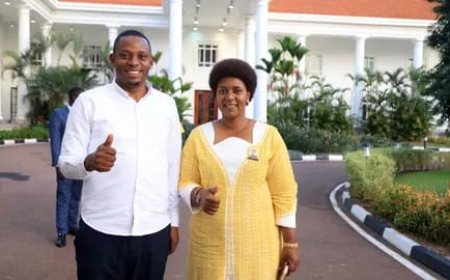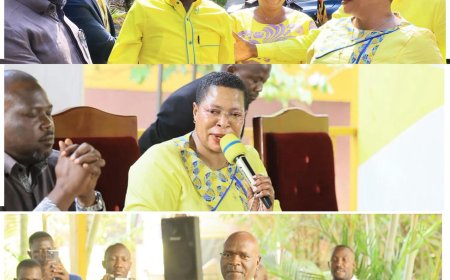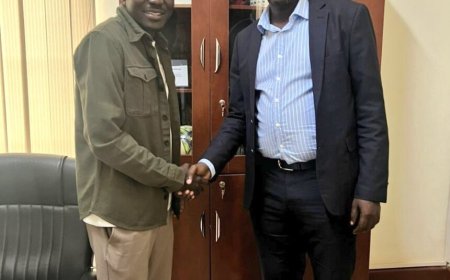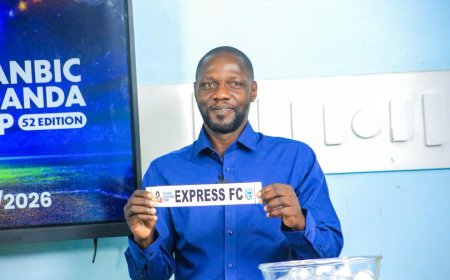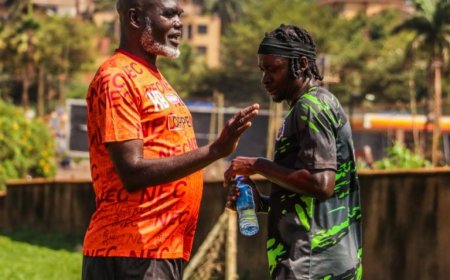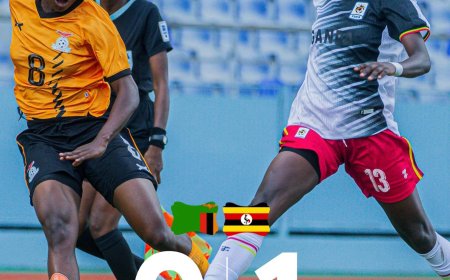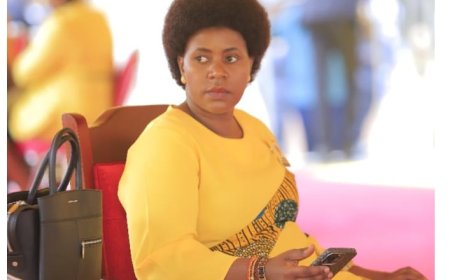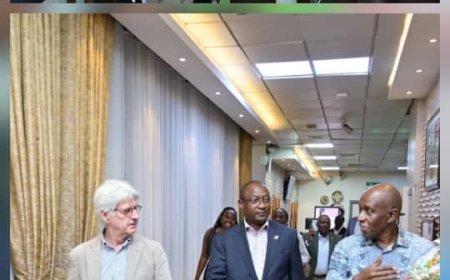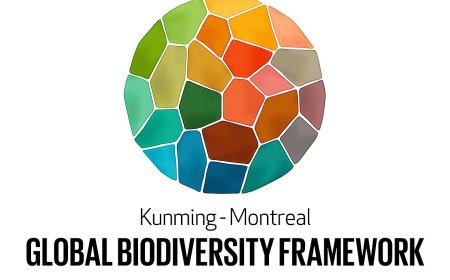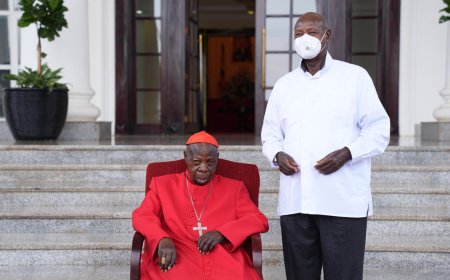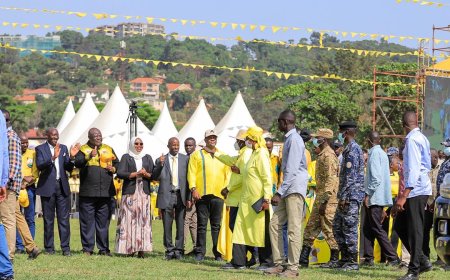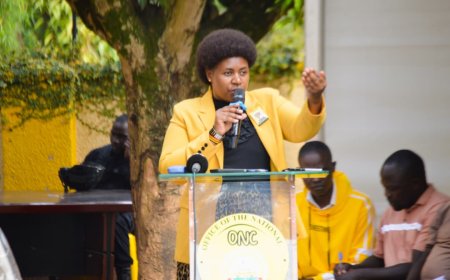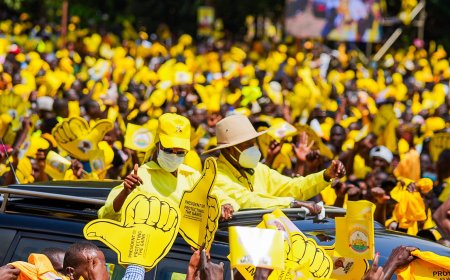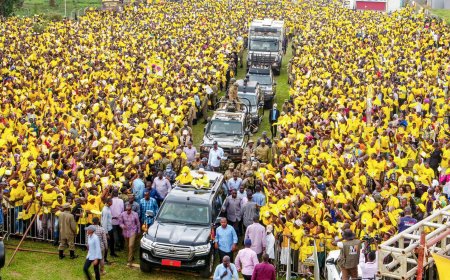Hajji Yunus Kakande Urges NRM Leaders to Secure Party’s Future Beyond Museveni’s Leadership
Hajji Yunus Kakande’s address at NALI, Kyankwanzi, reinforced the NRM’s commitment to its ideological and governance continuity, even beyond President Museveni’s leadership.

Hajji Yunus Kakande, the Secretary in the Office of the President, has emphasized the need for the National Resistance Movement (NRM) leaders and Deputy Resident District Commissioners (DRDCs) to consolidate the party’s achievements and ensure its continuity even beyond President Yoweri Kaguta Museveni’s tenure.
Speaking at the opening of a seven-day national retreat for Deputy RDCs/RCCs and NRM District Chairpersons at the National Leadership Institute (NALI), Kyankwanzi, Hajji Kakande stressed that the NRM’s governance system must be preserved to guarantee the party’s future.
“We must consolidate this system so that it continues even after President Museveni,” he urged the participants.
The retreat, focusing on the NRM Manifesto Implementation (2021-2026) and the 23 Presidential Strategic Guidelines and Directives, seeks to assess progress and strategize on achieving the party’s objectives.
Hajji Kakande underscored the importance of instilling NRM values among Ugandans, explaining that this would help the population appreciate the achievements of a government that has ruled for over four decades.
“It is not by mistake that the NRM has been in power for 40 years. Let’s not only look at the past 40 years but also at the future of the NRM. President Museveni has done a lot for this country. We need to continue with what we have started,” he stated.
He also emphasized the role of the Patriotic League of Uganda (PLU)—a pressure group led by the Chief of Defence Forces (CDF), Gen. Muhoozi Kainerugaba—in strengthening the ruling party.
“When Gen. Muhoozi was named the CDF, he said PLU was now under NRM and urged members to subscribe to the ruling party, explaining that the political party closely aligns with the values of PLU,” Kakande noted.
The Office of the President, through its Manifesto Implementation Unit, is mandated to monitor the progress of the NRM Manifesto 2021-2026. Hajji Kakande revealed that significant progress had been made, with about 60 to 70 percent of the manifesto already implemented.
“By the next election, over 80-90 percent of the manifesto will be achieved,” he assured the leaders.
He reminded the participants that the manifesto is a social contract between the NRM and the people, and it was their duty to report back to the citizens about the government’s achievements.
“We are here to assess the progress of the manifesto and be able to go back and explain to the people what the government has done and what it intends to do. Remember, we need five more years,” he remarked.
Willis Bashaasha, the Director of the Manifesto Implementation Unit, provided further insights, revealing that last year’s midterm review established:
35 percent of the implementation had been achieved, 49 percent was in progress, and 16 percent was yet to be worked on.
“We believe that by the end of the term, 80 percent of the manifesto will be achieved,” Bashaasha stated.
Peace, Security, and Vision 2040
Hajji Kakande also emphasized the need for peace and security, stating that Uganda has enjoyed four decades of stability, despite occasional security threats in northern Uganda.

“Uganda has been at peace for the last 40 years despite some pockets of insecurity in the North, which we have almost eradicated. You should work hand in hand with other security stakeholders to ensure that the peace we have had in this country is consolidated,” he said.
He further warned against individuals attempting to derail Uganda’s Vision 2040, a long-term development blueprint aimed at transforming Uganda into a middle-income country.
“That is why we cannot allow any person to divert us from ensuring that Uganda achieves its Vision 2040,” he stressed.
Hajji Kakande called on NRM leaders to mobilize Ugandans to embrace government programs designed to eradicate poverty and create wealth.
“A number of wealth creation initiatives have been put in place, like the Parish Development Model (PDM) and Emyooga, and it is our duty to encourage Ugandans to fully utilize these programs,” he urged.
He also called for continued vigilance against corruption, commending the government’s strides in tackling the vice.
“NRM has ensured that corruption is exposed, and now everyone is talking about it. Many of the corrupt have faced the long hand of the law,” he noted.
Col. Okei Rukogota, Director of NALI, welcomed the participants and emphasized the importance of ideological clarity in securing NRM’s future.
“You are not here by accident. NALI is a continuation of a conversation that started in the 1960s to deal with ideological bankruptcy,” he said.
He explained that NALI serves as an institutionalized framework to correct political and ideological missteps while ensuring full implementation of the NRM Manifesto.
“We want to rectify what we are not doing right and see how we can implement the manifesto effectively,” he added.
Hajji Yunus Kakande’s address at NALI, Kyankwanzi, reinforced the NRM’s commitment to its ideological and governance continuity, even beyond President Museveni’s leadership. He emphasized the need for peace, security, and economic development while urging leaders to sensitize Ugandans about the government’s progress in implementing its manifesto.
With the Manifesto Implementation Unit reporting significant progress and a continued push for Vision 2040, the NRM is positioning itself for sustained leadership in Uganda’s political landscape.
